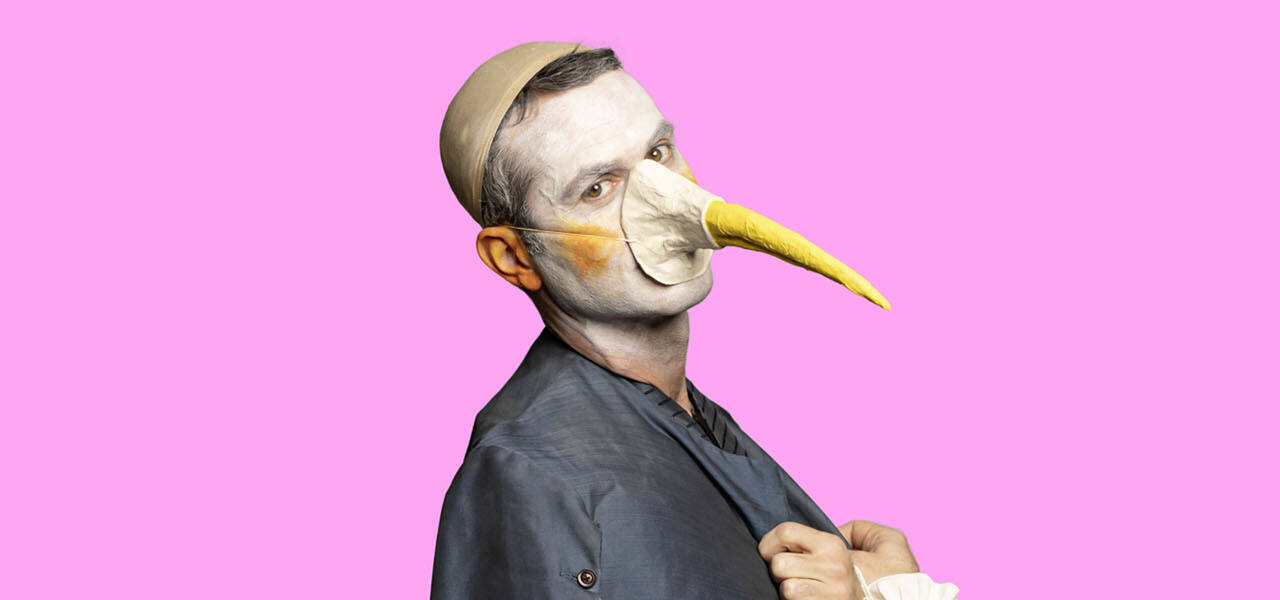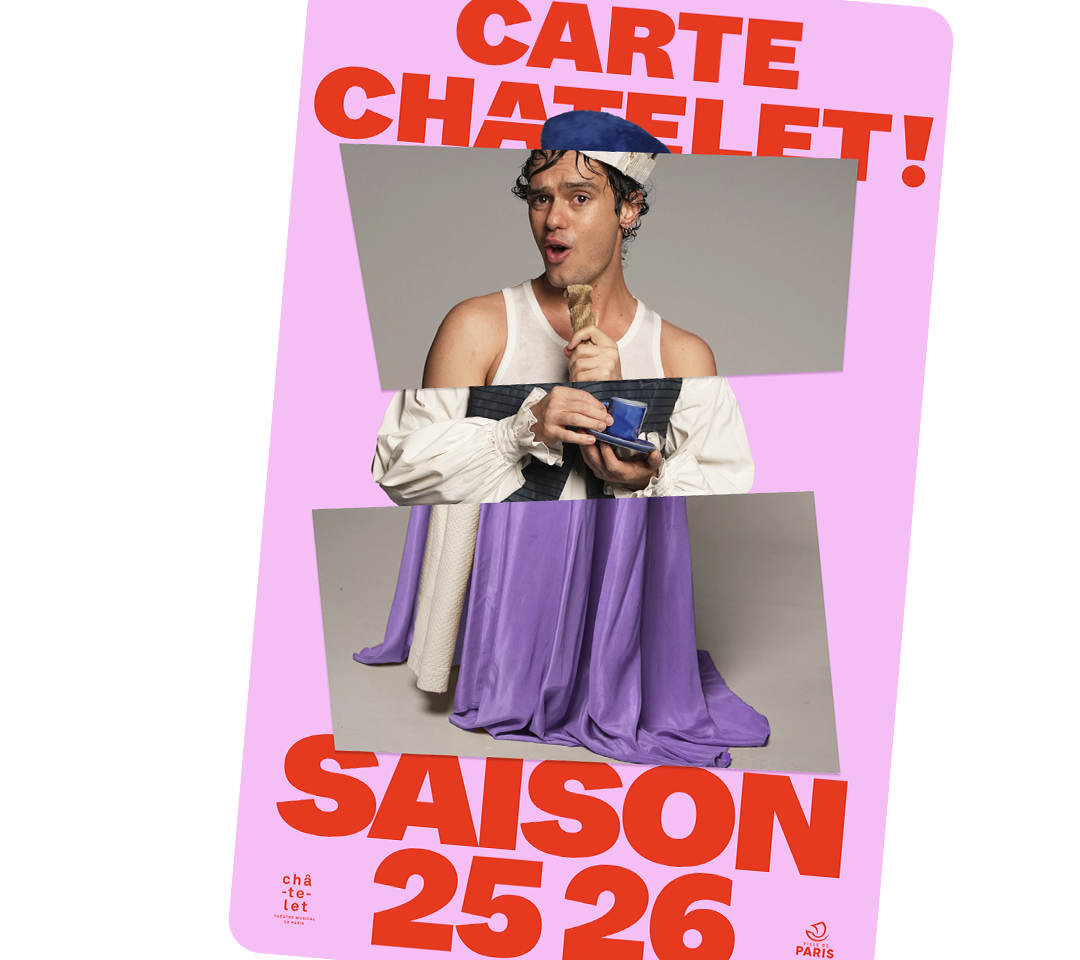
Hamlet
7 oct. – 19 oct. 2025
- 15h, 20h
- Grande Salle
- From 8 to 79 €
Friday
12 june 2026
19h30
Saturday
13 june 2026
19h30
Sunday
14 june 2026
15h00
Tuesday
16 june 2026
19h30
Wednesday
17 june 2026
19h30
Friday
19 june 2026
19h30
Saturday
20 june 2026
19h30
Monday
22 june 2026
19h30
Tuesday
23 june 2026
19h30
Wednesday
24 june 2026
19h30
Saturday
27 june 2026
19h30
Sunday
28 june 2026
15h00
Monday
29 june 2026
19h30
Saturday
04 july 2026
19h30
Sunday
05 july 2026
15h00
Tuesday
07 july 2026
19h30
Wednesday
08 july 2026
19h30
Friday
10 july 2026
19h30
Saturday
11 july 2026
19h30
As we can see, there is little actual substance in the work, but it is so packed with fantasy and wit, the music so lively, so jaunty and so universally fitting, that La Vie Parisienne has met with success all over the world.
Albert Vallin, “La Vie parisienne, Analytical Review” in Le Photo-Programme, Illustrated Artistic Review, IV, 1896-1897 Theatre Season.
Created at the Théâtre du Palais-Royal on 31 October 1866, La Vie parisienne immediately met with great success. A few weeks after its premiere, the imperial couple discovered the work, as did Tsar Alexander II of Russia, who was visiting Paris for the World Exposition. The two authors of La Belle Hélène, Henri Meilhac and Ludovic Halévy, were no strangers to success. And the composer, Jacques Offenbach, once again serves the libretto brilliantly with tunes that are both lively and daring. Furthermore, the theme of this operetta is significant: while the Gare du Nord (1866) and the Théâtre du Châtelet (1862) have just been inaugurated, La Vie parisienne depicts a daily life ruled by pleasure! Becoming a world city, the capital that rivals London was attracting artists, businessmen, and tourists… and this operetta depicts the burlesque encounters between these various figures.
La Vie parisienne can be considered a snapshot of the city, its inhabitants, and their customs at the very end of the Second Empire. While the capital dazzles the tourist with its art of celebration, the underclass knows how to outwit the fashionable society of Paris. None of this escaped the authors, who, by playing on the inversion of social roles, describe, not without causticity and sometimes even severity, the Parisian society of the 1860s. In their wake, Valérie Lesort directs the work, accompanied by Éric Ruf on set design, Vanessa Sannino on costumes, and the troupe of the Comédie-Française, who observe this past through the lens of the present, casting, in turn, a sympathetic yet critical eye on the human comedy.
SECRETS OF A WORK
To find out more about La Vie parisienne, a presentation of the production will take place 45 minutes before the performance begins, in the Salon Diaghilev. Animated by Jean-Claude Yon, historian and specialist in 19th-century opera, and Aurélien Poidevin, Head of Editorial Content of the Théâtre du Châtelet, taking place on Tuesday 16 June, Friday 19 June, Tuesday 23 June, and Tuesday 7 July 2026, at 6.45 pm (free entry, reserved for ticket holders for that day’s performance).
Châtelet Pass
Take advantage of a 20% to 30% discount, for one or two seats, on a selection of shows in the season, as well as many other benefits such as: Purchase seats available for the entire season / Select a different price category for each show / Dedicated line +33 (0)1 40 28 28 00 or email at relations-publiques@chatelet.com / Tickets swapped for another performance of the same show (instead of €5 fee per person) / Benefits from our partners / Invitations to special events: public rehearsals, meetings, etc

